Sandro Demaio in Melbourne
IN COLLABORATION WITH COUNTRY ROAD
SANDRO DEMAIO IN MELBOURNE
In collaboration with Australian label Country Road, I’m proud to share with you a new set of portraits profiling three Australian men-on-the-rise, talking morning routines, workweek style and the career lessons they’ve learned.
Second up, a rising global health advocate, Dr Sandro Demaio recently completed a post-doctoral fellowship with the Harvard Medical School. This year, he founded festival21: a community festival that will focus on universal issues of health and consumption.
What’s your morning routine?
I start the day with a shower and an espresso. I use a few Aesop products. I’ll scan the headlines on Twitter, the medical journals, BBC World News and the Guardian. Surprisingly, I don’t eat breakfast. I never feel hungry in the morning. Instead, I have a big lunch – typical European day.
You’re regularly between Melbourne, Boston, Oslo and Copenhagen, and you’re moving to Geneva shortly to work with the UN. What are the travel tricks you’ve learned from flying regularly?
Have a good pair of noise-cancelling headphones. Pack some moisturiser and a change of clothes for a long-haul flight so you can get refreshed. Use the lounge. And always, always get to the airport a little early and have a moment beforehand.
How do you dress for work?
Classic Scandinavian informal. I almost never wear a tie. It’s slim cut wool suits and tees with twill jackets. I only wear natural fibres – I hate synthetics. I like to buy quality clothes that last, particularly leather products and suits. I don’t pretend that I’m older than I am – I celebrate the fact that I’m 30. When I go into a meeting, I want my clothes to reflect my personality: yes it’s professional, but at the same time, I want to feel comfortable.
What are the big misconceptions most people have about the way the world eats?
What and how we eat contributes enormously to the challenges we face as a society. Over 30% of greenhouse gases come from what and how we eat: from production all the way through to consumption. That’s more than all land, air and sea transport combined. Our food consumption is single biggest driver of climate change. It’s the leading risk factor of disease. Food is the closest thing we have to a silver bullet that we have for facing our major global challenges.
What’s the best advice you’ve received from a mentor?
Always remember why you do what you do.


